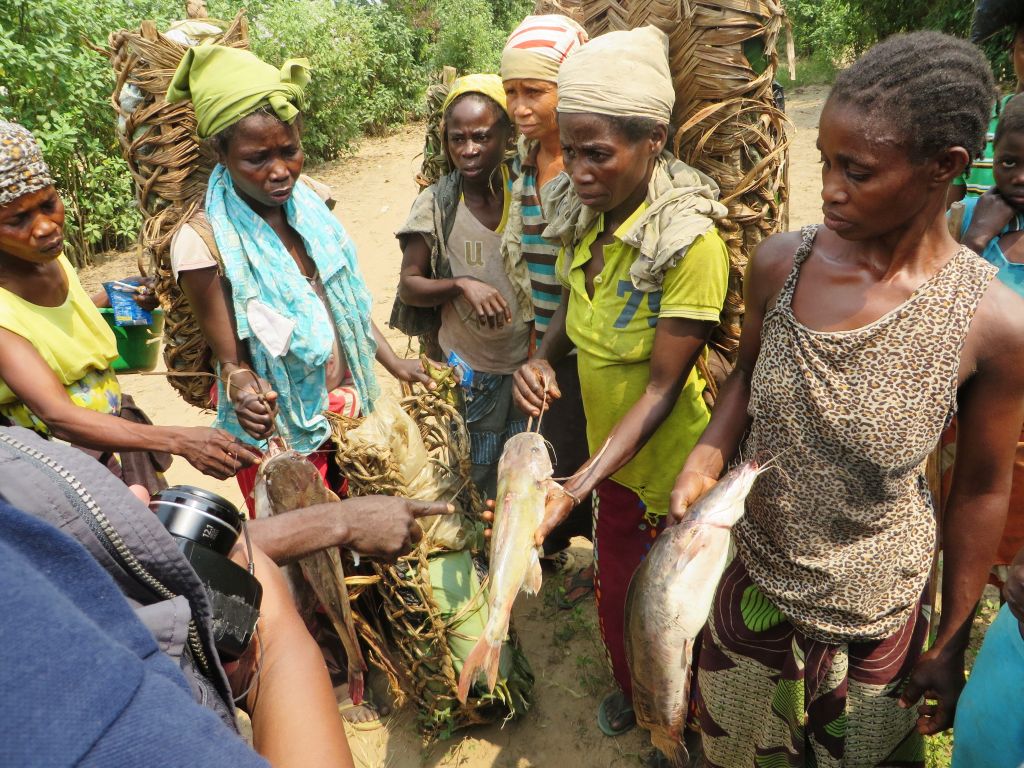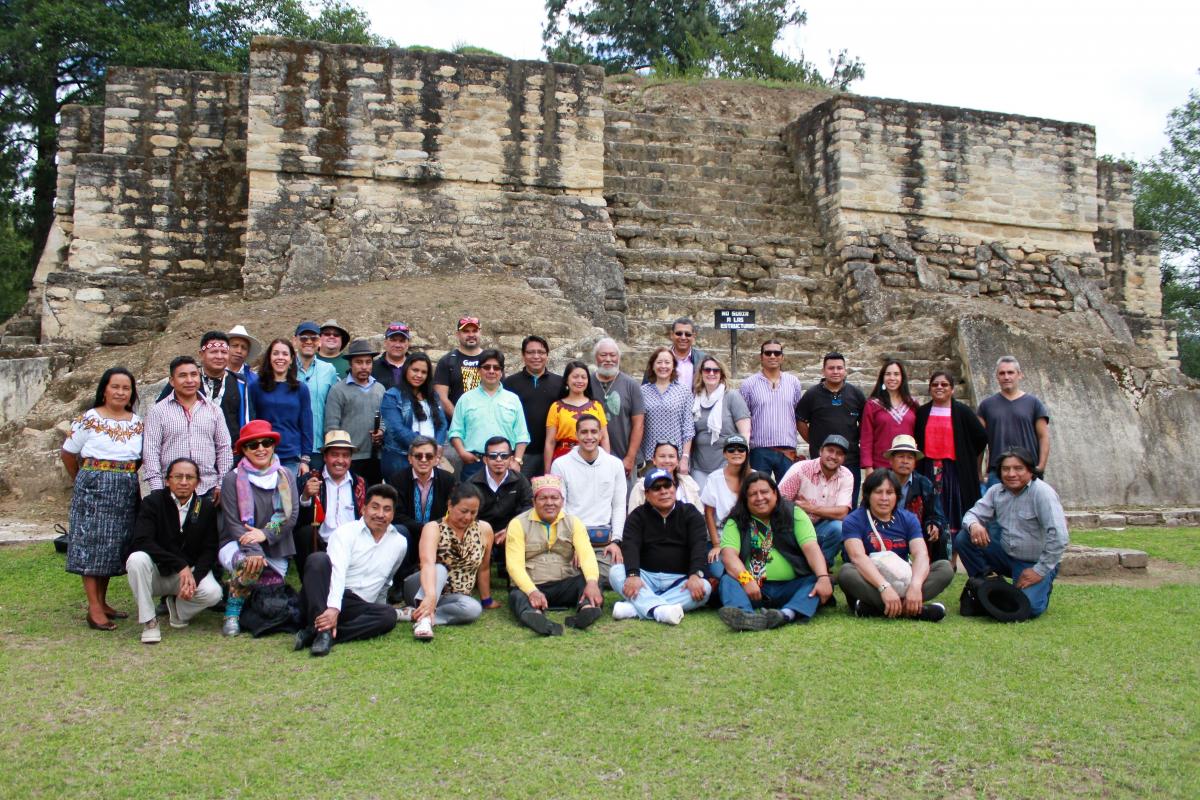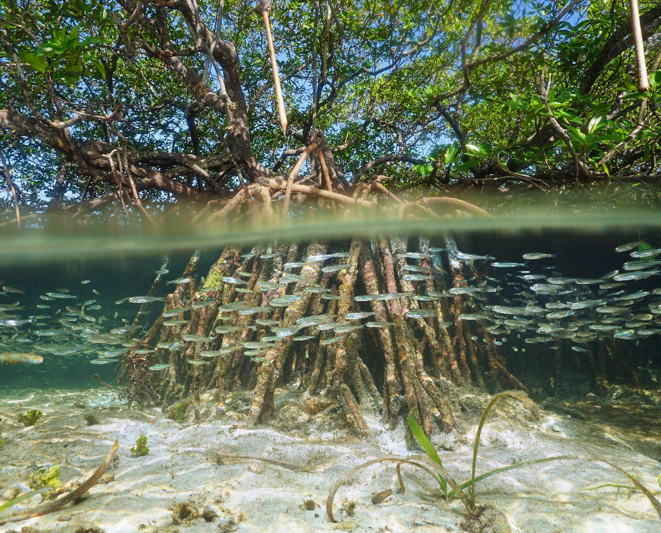The Restoration Initiative Year in Review 2019
The Restoration Initiative Year in Review 2019, detailing progress and stories from the first year implementation of The Restoration Initiative (TRI) programme is now available online. With support from the Global Environment Facility, this pathbreaking programme led by IUCN in partnership with the Food and Agriculture Organization of the United Nations (FAO) and the UN Environment Programme (UNEP) is supporting ten Asian and African countries in achieving shared restoration goals.
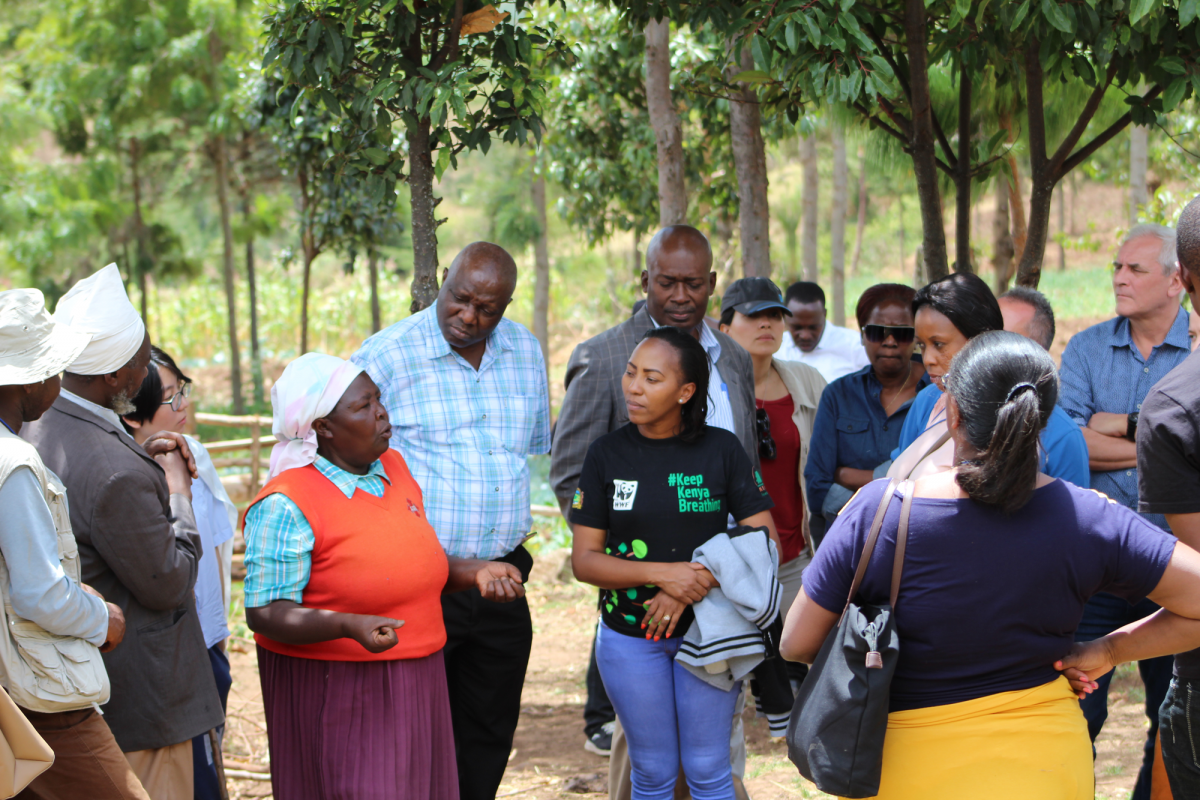
Photo: IUCN / Corbett Nash
While just over a year into a five-year programme of work, the report shows there is already much progress to share. All country-projects are engaged in or have completed participatory identification and landscape-level planning of restoration work, building on prior assessments. Efforts to improve the enabling in-country policy environment for restoration are underway with the establishment of restoration advisory panels, cross-sectoral planning and other activities. A new tool providing information to practitioners on threatened species and links to restoration is being piloted in Cameroon, Central African Republic, Kenya, and Myanmar. And partners have accessed training and support on a number of priority restoration topics and tools, including through two programme-level workshops and several regional and national events.
The 2019 TRI Year in Review takes readers on a tour of the eleven projects of TRI, showcasing the diversity of project objectives and geographies that is a key feature of the programme. From work to restore coastal mangroves and degraded rice fields in Guinea-Bissau, to improving the management practices of China’s large and vital network of State Forest Farms, to enhancing the productivity and resilience of degraded agricultural and pasture lands in South Kivu province in the Democratic Republic of Congo, to empowering local communities to conserve and sustainably manage the Tana River Delta in Kenya, readers can see the extent to which restoration is truly a global ambition and enterprise.
As we approach the beginning of the UN Decade on Ecosystem Restoration (2021-2030), the need for ground-tested, effective solutions and tools for restoration that can be scaled up is greater than ever. The Restoration Initiative is at the forefront of these efforts, and partners look forward to sharing more progress and information in the years ahead.
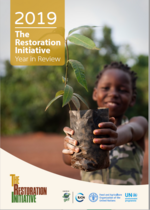 Photo: TRI partnership
Photo: TRI partnership
Note: This web story has been cross-posted on UNEP and FAO websites.
